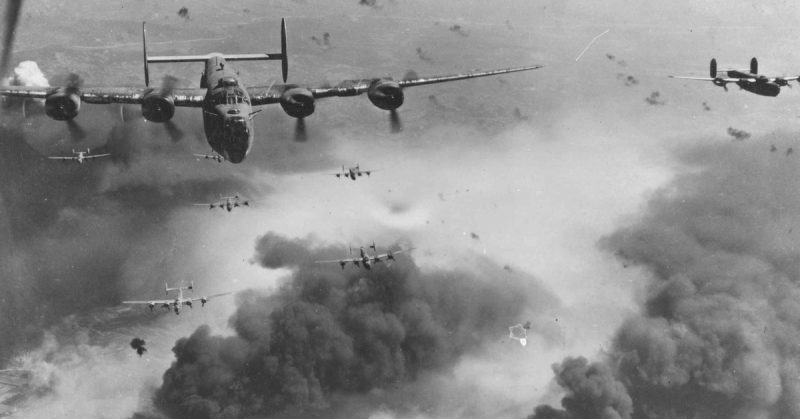It was the greatest successful rescue operation during WWII but it almost did not occur due to politics – and few people knew about it because of British Prime Minister Winston Churchill.
It happened after the Allies captured the southern half of Italy in September 1943. They still had to take the northern half under Mussolini’s pro-Nazi government, but they also turned their attention to Ploesti, a German-occupied city in Romania. It housed the oil refineries that supplied Germany with 35% of its fuel.
The Fifteenth Allied Air Force began bombing missions on and around Ploesti, as well as other parts of Romania, Serbia, and Bulgaria in January 1944. The Germans shot down over 50 planes, forcing hundreds of Allied airmen to bail out over Nazi-occupied territory.
Those who survived the jump were either captured by German soldiers and sent to POW camps or were taken in by the locals – which could be complicated. The locals were involved in fighting each other as well as fighting against the Nazis.
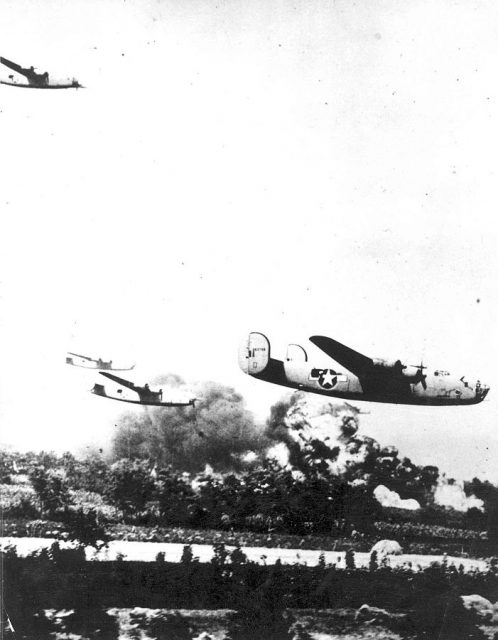
General Draza Mihailovich was a monarchist leading a band of Serbo-Croatian guerillas called Chetniks. Opposing him was Josip Broz Tito; a communist, later President of Yugoslavia. Both groups sheltered and hid downed Allied airmen whenever they found them, but that was all they had in common.
By July, the Chetniks had over a hundred Allied airmen. They asked the British to come for them, but Britain refused as Churchill was keen to keep the Soviets on the side of the Allies. He severed ties with Mihailovich in favor of Tito. Hundreds of Allied men remained in enemy territory.
George Mane Vujnovich was born on May 31, 1915, in Pittsburgh, Pennsylvania to Serbian immigrants. He obtained a scholarship to study medicine at the University of Belgrade and there met his future wife, Mirjana Lazich. In April 1941 a streetcar blew up in front of them – sending shrapnel and body parts all over the street. The Germans were invading, so Vujnovich fled to Turkey, then Jerusalem and Cairo, before obtaining work in Ghana with Pan Am.
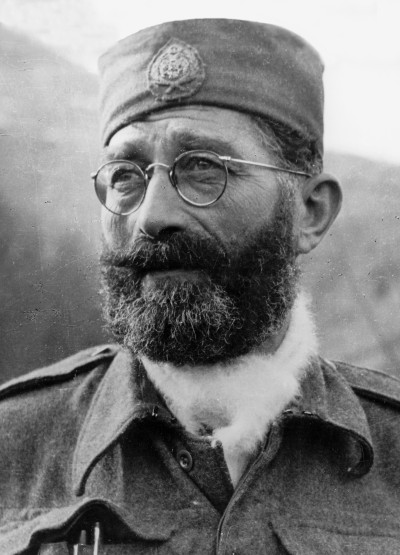
Lazich fled through Bulgaria – on the way meeting Magda Goebbels, the wife of Joseph Goebbels, Nazi Germany’s Minister of Propaganda. Eventually, she reached Washington, DC where she got a job at the Yugoslav embassy. While there she intercepted Mihailovich’s plea to rescue the Allied airmen and told her husband, Vujnovich. He, by then was a US Army lieutenant in Brindisi, Italy working for the Office of Strategic Services (OSS – precursor of the CIA).
Given his knowledge of the area, expertise in planes, and position in the US military, he devised a rescue plan, but the British refused. Furious, OSS director William “Wild Bill” Donovan went straight to President Franklin D. Roosevelt who persuaded the British to cooperate.
Vujnovich was instructed to coordinate everything from southern Italy; Operation Halyard was born.
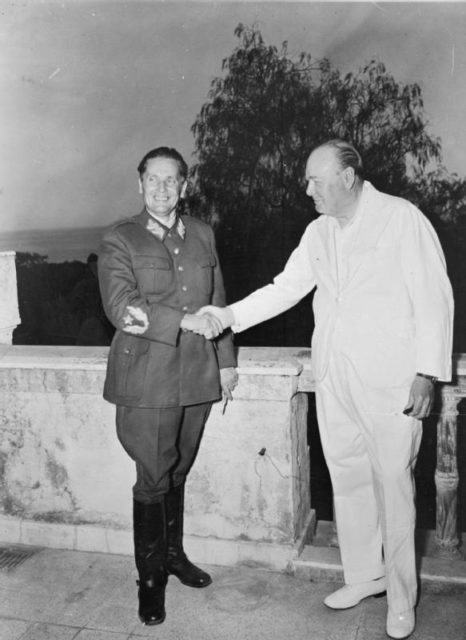
On July 24, 1944, Vujnovich began training OSS members on how to be Serbian. “I had to show them how to tie their shoes and tuck the laces in, like the Serbs did, and how to eat like the Serbs, pushing the food onto their fork with the knife,” he explained.
Two parties were parachuted in, one of which was to work with Tito. After several failed attempts, OSS 1st Lieutenant George “Guv” S. Musulin landed outside the village of Prajani around midnight on August 2, 1944. Born to Serbian parents in New York City, he spoke the language fluently.
He discovered the previous attempts had failed because communists had infiltrated the Chetniks who wanted full credit for rescuing the downed Allied airmen. They had been helped by the British Special Operations Executive. From that point on, Vujnovich demanded full autonomy over Halyard with no further “help” from the British.
Prajani was Mihailovich’s HQ, although it was only 30 miles from a German base. Despite the proximity, about 300 locals and 200 airmen had built an airstrip 700 feet long and 150 feet wide halfway up a mountain on a plateau. The Fifteenth Air Force’s first rescue plane took off from Italy on August 9; the airlift had begun.
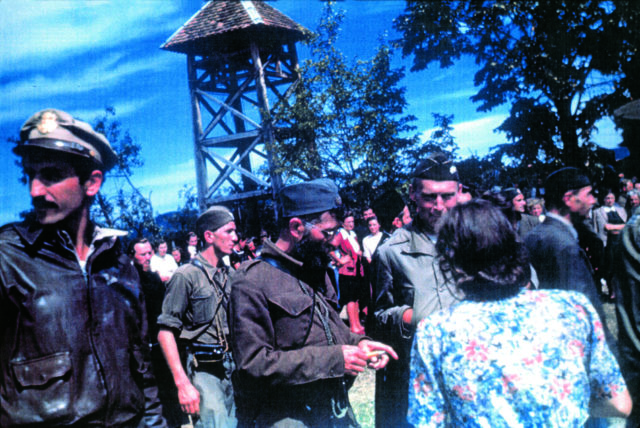
By December 27, 432 American and 80 Allied airmen (including several British pilots) had been rescued from Serbia. Although they flew over German-occupied territory, not a single plane was lost or damaged – even when they began flying daylight missions. As the last one took off, Musulin asked Mihailovich to fly to Italy with him, but the latter refused.
WWII ended in 1945, but the Serbian conflict continued. In early 1946 Mihailovich was captured by Tito’s men and tried for alleged war crimes. The rescued airmen made a ruckus by lobbying the US Congress and writing to newspapers to no avail – Mihailovich was executed on July 17, 1946.
Operation Halyard remained a secret as both the US and Britain were eager to maintain ties with Tito’s Yugoslavia. Vujnovich and his wife settled down in Queens, New York selling airplane parts.
In 1997 the Operation was declassified by the British. In 2005, Vujnovich handed the Legion of Merit to Mihailovich’s granddaughter (Gordana). He received the Bronze Star in 2010 for mounting the greatest successful rescue operation in WWII.
